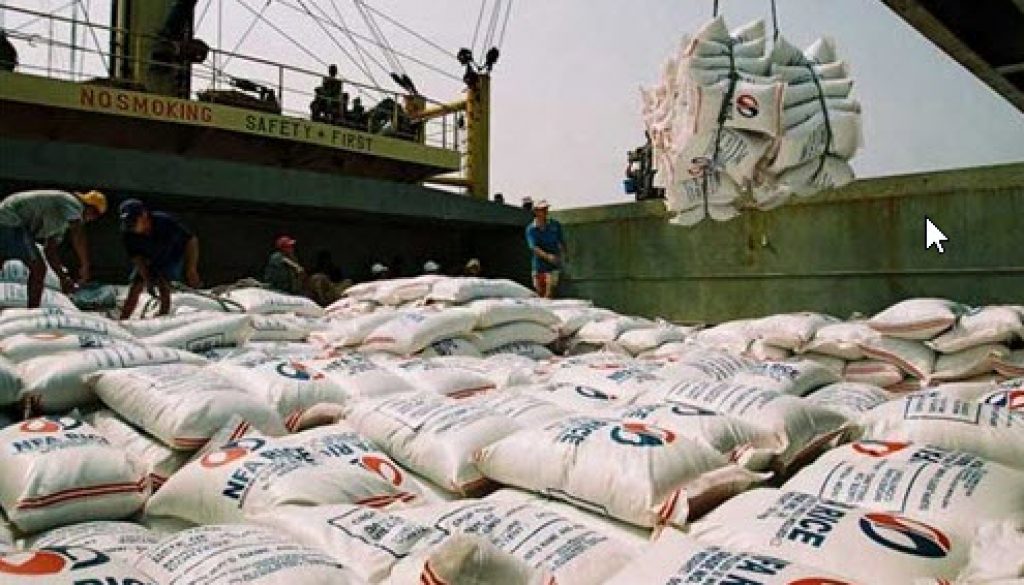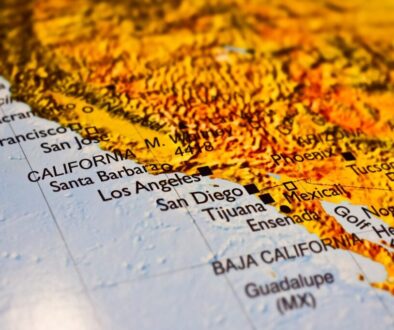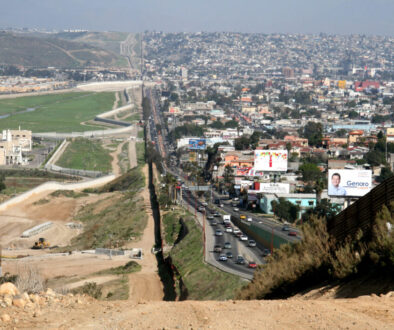Mexican Economic Ties With Vietnam
Mexican economic ties span the globe. The Latin American country aggressively pursues trade relationships with numerous countries, resulting in a trade network that rivals any in the world. In recent years, Mexico has sought to increase economic relations with Asian countries, including the small Asian country of Vietnam.
Mexican Economic Ties with Vietnam
As Mexico becomes more independent of NAFTA and the US, economic relations with Asian countries like Vietnam become more robust and mature. Mexico has had diplomatic relations with Vietnam since 1975 when the country was first liberalized. The two countries are both members of several important economic institutions, including:
- Asia-Pacific Economic Cooperation (APEC)
- Forum of East Asia-Latin America Cooperation
- Trans-Pacific Partnership Agreement (TPP)
Mexico and Vietnam share many commonalities. Both countries offer global markets young and skilled workforces, inexpensive manufacturing labor, and growing middle classes. Both having recently entered the relatively new TPP agreement, the two countries believe a promising partnership lies before them. Trade between the two countries is rising at an annual rate of approximately 40%. Last year, bilateral trade in the first quarter was valued at $776 million USD. As Mexican economic ties with Vietnam strengthen, the two countries will increase their mutual trade and investment even further. Currently, Vietnam’s primary exports to Mexico include:
- Electronic devices and parts
- Leather footwear
- Seafood products
- Transport vehicles
- Rubber
And Mexico’s primary exports to Vietnam currently include:
- Computers
- Electronic parts
- Animal feeds
- Heavy equipment
- Metals
Mexican Economic Ties Worldwide
Mexico’s economic ties with Vietnam and Asia are no exception. Mexico has made international trade and free trade agreements a top priority for several decades, and especially the past few years. Most notably, Mexico is a signatory to the North American Free Trade Agreement (NAFTA) with the US and Canada. In many ways, that agreement is their most significant and important. But Mexico is not defined solely by this one agreement. In fact, Mexico’s trade network is increasingly global, including:
- Free trade agreements with 45 countries
- Reciprocal Investment Promotion and Protection Agreements (RIPPAs) with 33 countries
- Nine Economic Complementation and Partial Scope Agreements within the Latin American Integration Association (ALADI)
Additionally, Mexico is a member of important conventions like the General Agreement on Tariffs and Trade (GATT), the World Trade Organization (WTO), and the expansive Trans-Pacific Partnership Agreement (TPP). These memberships and agreements offer Mexico and her international investors access to approximately 60% of the world’s GDP and vital consumer markets in North America, Europe, and Asia. Mexican economic ties extend far beyond the US and NAFTA. The country is increasingly becoming an independent trading partner of choice, offering companies in the US and around the world preferential access to world markets more now than ever.





